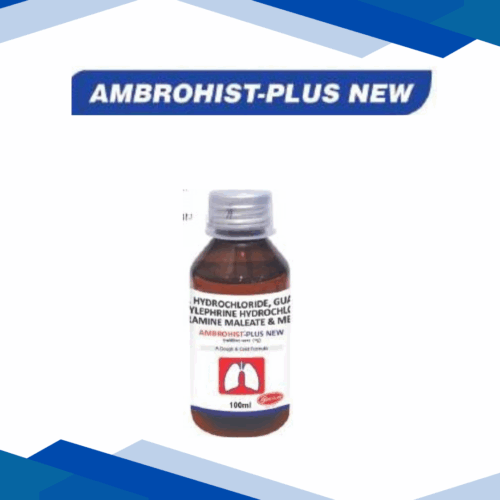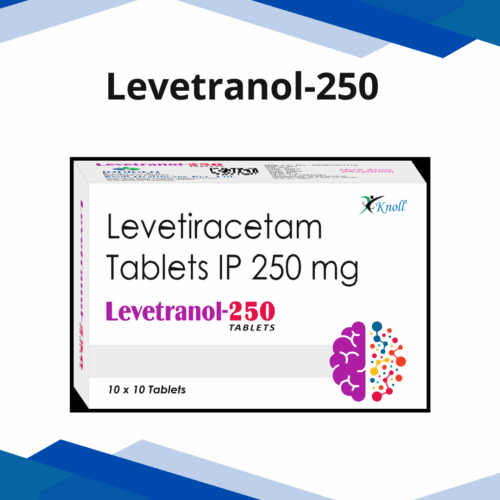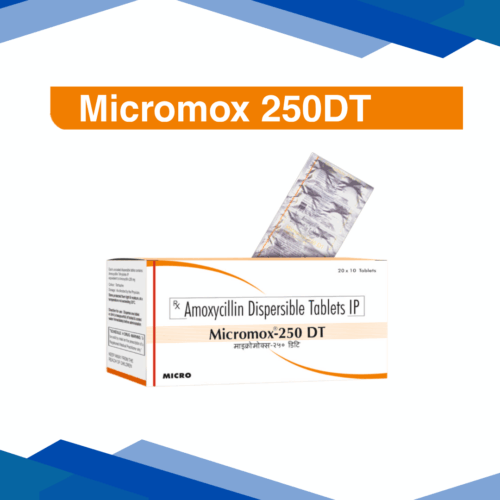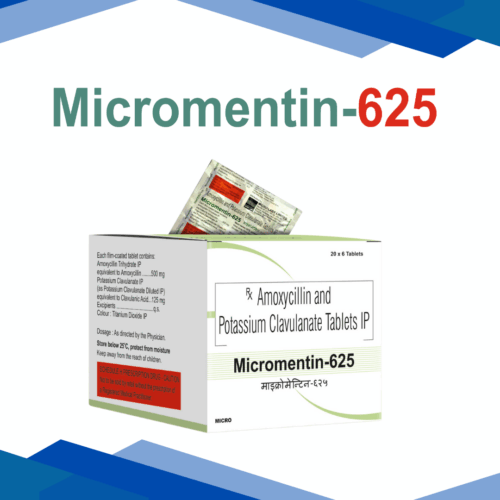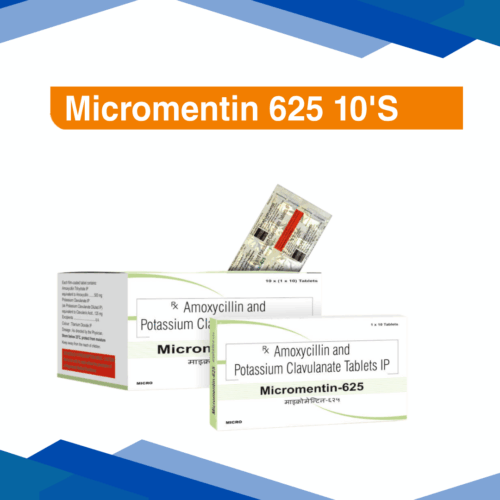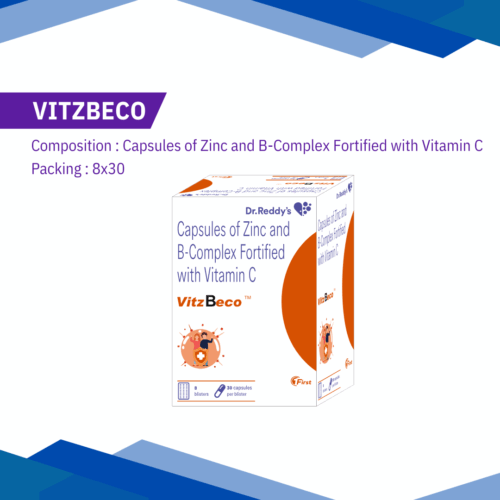VITAMIN C
OVERVIEW
Vitamin C, also known as L-ascorbic acid, is a water-soluble vitamin. Unlike most mammals, humans do not have the ability to synthesize vitamin C and must obtain it from the diet.Low levels of vitamin C can result in a condition called scurvy. Scurvy may cause symptoms such as rash, muscle weakness, joint pain, tiredness, or tooth loss.
CLASSIFICATION
Antioxidant
USES
Vitamin C is needed for the growth and repair of tissues in all parts of your body. It is used to:
Form an important protein called collagen, used to make skin, tendons, ligaments, and blood vessels
Heal wounds and form scar tissue
Repair and maintain cartilage, bones, and teeth
Aid in the absorption of iron
Vitamin C is one of many antioxidants. Antioxidants are nutrients that block some of the damage caused by free radicals.
Free radicals are made when your body breaks down food or when you are exposed to tobacco smoke or radiation.
The buildup of free radicals over time is largely responsible for the aging process.
Free radicals may play a role in cancer, heart disease, and conditions like arthritis.
The body is not able to make vitamin C on its own. It does not store vitamin C. It is therefore important to include plenty of vitamin C-containing foods in your daily diet.
HOW IT WORKS
In humans, an exogenous source of ascorbic acid is required for collagen formation and tissue repair by acting as a cofactor in the posttranslational formation of 4-hydroxyproline in -Xaa-Pro-Gly- sequences in collagens and other proteins. Ascorbic acid is reversibly oxidized to dehydroascorbic acid in the body. These two forms of the vitamin are believed to be important in oxidation-reduction reactions. The vitamin is involved in tyrosine metabolism, conversion of folic acid to folinic acid, carbohydrate metabolism, synthesis of lipids and proteins, iron metabolism, resistance to infections, and cellular respiration.
DOSAGE
As directed by the physician
PRECAUTIONS
You should not use ascorbic acid if you are allergic to it.
Ask a doctor or pharmacist if Vitamin C is safe to use if you have or have ever had:
Diabetes;
Any type of cancer;
A planned surgery or any other medical procedure;
Taken any other medication or have any medical condition;
If you are on a low-salt or salt-free diet;
If you smoke or chew tobacco;
If you drink alcohol;
A genetic enzyme deficiency called glucose-6-phosphate dehydrogenase (G6PD) deficiency; or
Kidney disease or kidney stones.
Ask a doctor before using this medicine if you are pregnant or breastfeeding.
Do not give this medicine to a child without medical advice.
SIDE EFFECTS
Get emergency medical help if you have signs of an allergic reaction: hives, difficult breathing, swelling of your face, lips, tongue, or throat.
Vitamin C may cause serious side effects. Call your doctor at once if you have:
Kidney problems–swelling, blood in your urine, painful or difficult urination, pain in your side or lower back, feeling tired or short of breath.
Common side effects of Vitamin C may include:
Difficult or painful swallowing;
Headache, heartburn; or
Nausea, vomiting, diarrhea, stomach cramps.
DISCLAIMER
This content is for informational purposes only. Always consult a healthcare provider for medical advice and proper dosage

